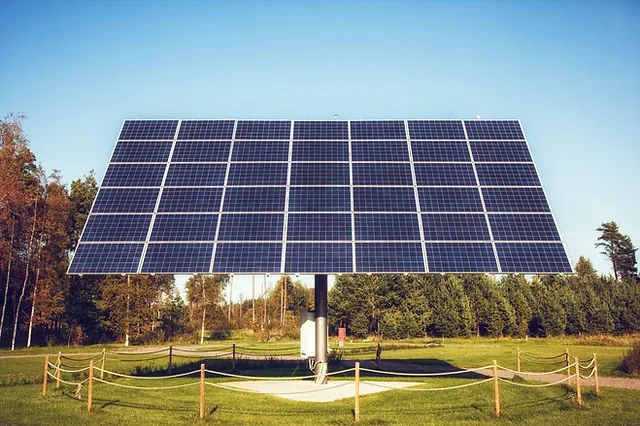As the demand for sustainable energy solutions continues to rise, solar panel installation has become an increasingly popular choice for individuals and businesses looking to harness the power of the sun. However, a successful transition to solar energy requires careful planning and consideration of various factors.
Here are some vital aspects to keep in mind during solar panel installation.
Site Assessment
Conducting a thorough site assessment is a foundational step in the solar panel installation process. Factors such as sunlight exposure, shading, roof orientation, and available space must be evaluated to determine the system’s efficiency. Professionals typically assess the solar potential of the site to optimize the positioning and placement of solar panels for maximum energy production.
Roof Condition and Structural Integrity
The condition and structural integrity of the roof play a crucial role in solar panel installation. Before proceeding, it’s essential to ensure that the roof can support the weight of the solar panels and that it is in good condition. If roof repairs or replacements are needed, addressing these issues beforehand is recommended to avoid complications later.
Local Regulations and Permits
Solar panel installations are subject to local regulations and building codes. Before initiating the installation process, it’s important to obtain the necessary permits and approvals from local authorities. Understanding zoning regulations, building codes, and utility interconnection requirements is essential to ensure compliance and a smooth installation process.
Energy Consumption Analysis
To determine the appropriate size and capacity of the solar panel system, a comprehensive analysis of energy consumption is crucial. Understanding how much energy your household or business consumes on average helps in sizing the system correctly. This analysis ensures that the installed solar panels can meet the specific energy needs of the property.
Budget and Financial Considerations
Solar panel installation is a significant investment, and considering the financial aspects is vital. Assess the budget for the entire installation process, including equipment costs, labor, permits, and potential maintenance expenses. Exploring available financing options, incentives, and tax credits can help make solar energy more financially feasible.
System Design and Configuration
The design and configuration of the solar panel system depend on factors like energy needs, available space, and budget. Working with a professional installer to design a system that aligns with your goals and requirements is crucial. The configuration should optimize energy production and allow for potential expansion if needed.
Choosing the Right Installer
Selecting a reputable and experienced solar panel installer is a critical decision. Research potential installers, check reviews, and inquire about previous projects. A qualified installer will not only handle the installation process efficiently but also provide guidance on system selection, maintenance, and performance monitoring.
Final thoughts
Successful solar panel installation requires a thoughtful and systematic approach. By considering these vital aspects, individuals and businesses can navigate the transition to solar energy seamlessly, reaping the benefits of sustainable and cost-effective power generation.

